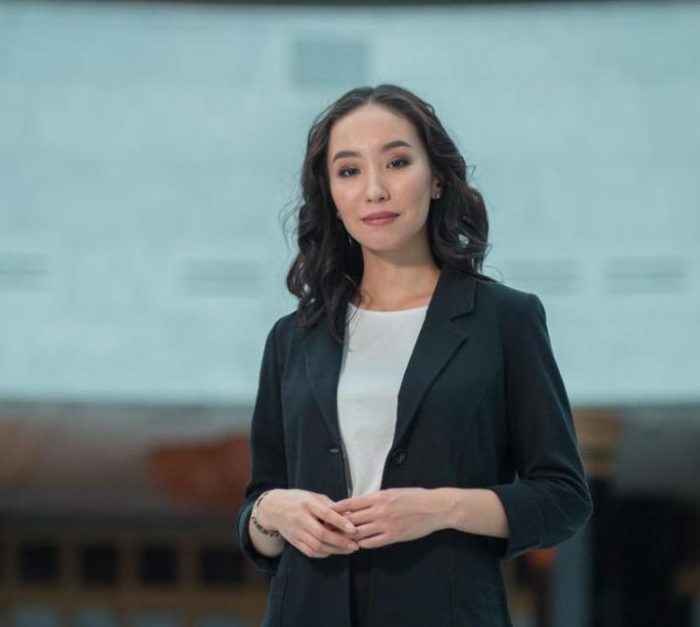Kazakhstan’s anti-nuclear initiatives and activities are recognized worldwide. This recognition is based on the decisions made by Kazakhstan’s First President Nursultan Nazarbayev in the first years of independence.

The Semei nuclear test site was closed by the decree of the First President of Kazakhstan on August 29, 1991. This date became the starting point of the anti-nuclear movement in Kazakhstan. These measures then became an important decision that brought considerable benefits to the development of the country.
First of all, the newly independent Kazakhstan faced economic challenges due to the crisis of the 1990s, accompanied by hyperinflation, bankruptcies of thousands of enterprises, a colossal decline in GDP, and unemployment. This required immediate government actions.
Secondly, Kazakhstan is geographically located between two nuclear powers: Russia and China and the United States showed keen interest in the new country and its nuclear status. The presence of nuclear weapons would seriously complicate the establishment of constructive negotiations with partners and to prevent external pressure, which would threaten the national security of the newly emerged country.
Thirdly, a powerful professional army was needed, as well as specialists and technologies that would ensure the safety of the storage and operation of nuclear weapons. Thus, the politics of nuclear renunciation was justified at that time. This decision has significantly improved the country’s investment climate.
Initiatives of Kazakhstan
The path to the nuclear-weapon-free world is only possible with international treaties at the global level and bilateral agreements with nuclear powers.
For example, bilateral agreements were concluded between Russia and the United States, which account for 90 percent of the entire nuclear arsenal and this, according to the latest SIPRI data, is 11,805 nuclear warheads. The Treaty between Russia and the United States on Measures for Further Reduction and Limitation of Strategic Offensive Arms (START III) is among such agreements. Despite the numerous claims of the two parties, the agreement was nevertheless extended for five years until February 2026.
Kazakhstan is a party to almost all major nuclear treaties, including the Treaty on the Non-Proliferation of Nuclear Weapons (NPT) and the Comprehensive Nuclear-Test-Ban Treaty (CTBT).
Kazakhstan became a key driver in the creation of a Central Asian nuclear-weapon-free zone in 2006.
Kazakhstan has also always actively promoted the agenda of nuclear non-proliferation and disarmament.
Some 135 countries supported the Universal Declaration on Building a World Free of Nuclear Weapons, initiated by the First President of Kazakhstan during the 73rd session of the UN General Assembly in 2015.
The deployment of a low-enriched uranium bank under the auspices of the IAEA in Ust-Kamenogorsk became a clear practical confirmation of Kazakhstan’s leadership in the anti-nuclear sphere on the part of the world community. The bank is a storage facility for a physical stock of 90 metric tons of low enriched uranium, which can be used for peaceful purposes in the event of a disruption in the supply of fuel for nuclear power plants.
At the same time, it should be emphasized that today Kazakhstan plays an important role in the global nuclear energy market. At the end of 2020, our country accounts for 42 percent of all world uranium production.
The efforts being made by Kazakhstan and other countries are now aimed at developing an international legal mechanism that will ultimately result in creating a nuclear-free world.
Kazakhstan has proved its unconditional global moral authority on the global anti-nuclear agenda.
Nursultan Nazarbayev announced the initiative to create a Global Leadership Alliance (GAL) for nuclear security at the fifth meeting of the Astana Club in 2019. GAL aims to become one of the most authoritative international non-governmental platforms in its field.
Kazakhstan made a significant contribution to the creation of a world free from the threat of nuclear war.
The author is Amina Zharylgapova, the expert of the Institute of World Economics and Politics (IWEP) under the Nursultan Nazarbayev Foundation.

